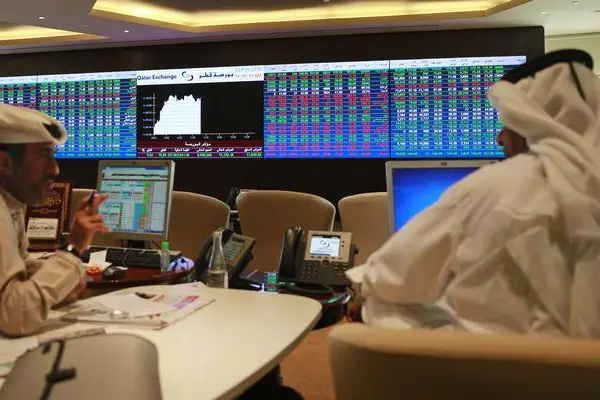PHOTO
By Celine Aswad
DUBAI, July 31 (Reuters) - Middle East fund managers have become more positive on regional equities and have a balanced view on Qatar following a drop in valuations and as the shock of the sanctions imposed on Doha eases, a monthly Reuters poll showed.
The poll of 13 leading fund managers, conducted over the past week, found 38 percent expected to increase their allocations to regional equities over the next three months and none to reduce them.
In last month's poll, 31 percent anticipated raising equity allocations and 8 percent foresaw reducing them. Second-quarter earnings released by Gulf companies this week, while mixed, have given some managers a clearer view of how economies are coping with low oil prices.
Mohammed Ali Yasin, managing director of NBAD Securities in Abu Dhabi, said medium-term investors now had an opportunity to build positions in companies that had reported good results for the first half of 2017.
"Those companies will also probably prove to be the best dividend distribution candidates, which means the yield return is an additional incentive to buy," Yasin added.
He said his outlook depended on firm oil prices, which hopefully would average around $50 for a barrel of Brent, and an absence of additional negative political events.
The region's banking sector is the top pick for one manager, who cited improving margins and "optimisation of funding costs" and their ability to make higher cash payouts this year and next.
The poll showed significantly improved sentiment towards Qatar. Twenty-three percent of managers now expect to raise their Qatari equity allocations and 23 percent to reduce them. Last month, the respective figures were 8 percent and 38 percent.
Qatar Exchange data show Gulf funds were heavy net sellers of stocks in the weeks after Saudi Arabia, the United Arab Emirates, Bahrain and Egypt cut diplomatic and transport ties with Doha on June 5 - in part because some feared further sanctions by their governments could eventually prohibit them from holding Qatari equities.
The market's drop has now made its valuations more attractive - the stock index
(Writing by Andrew Torchia; editing by John Stonestreet) ((andrew.torchia@thomsonreuters.com; +9715 6681 7277; Reuters Messaging: andrew.torchia.thomsonreuters.com@reuters.net))





















